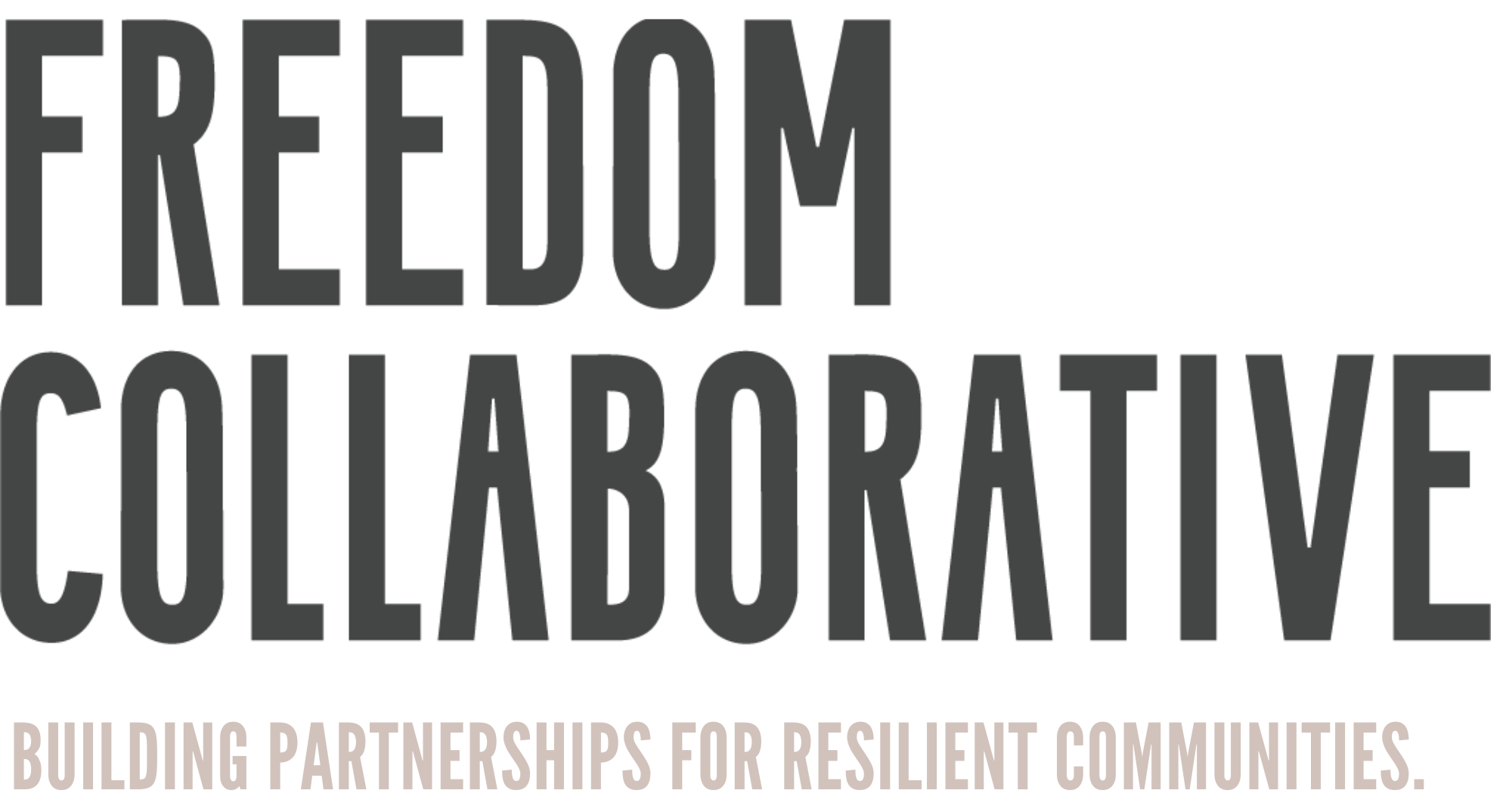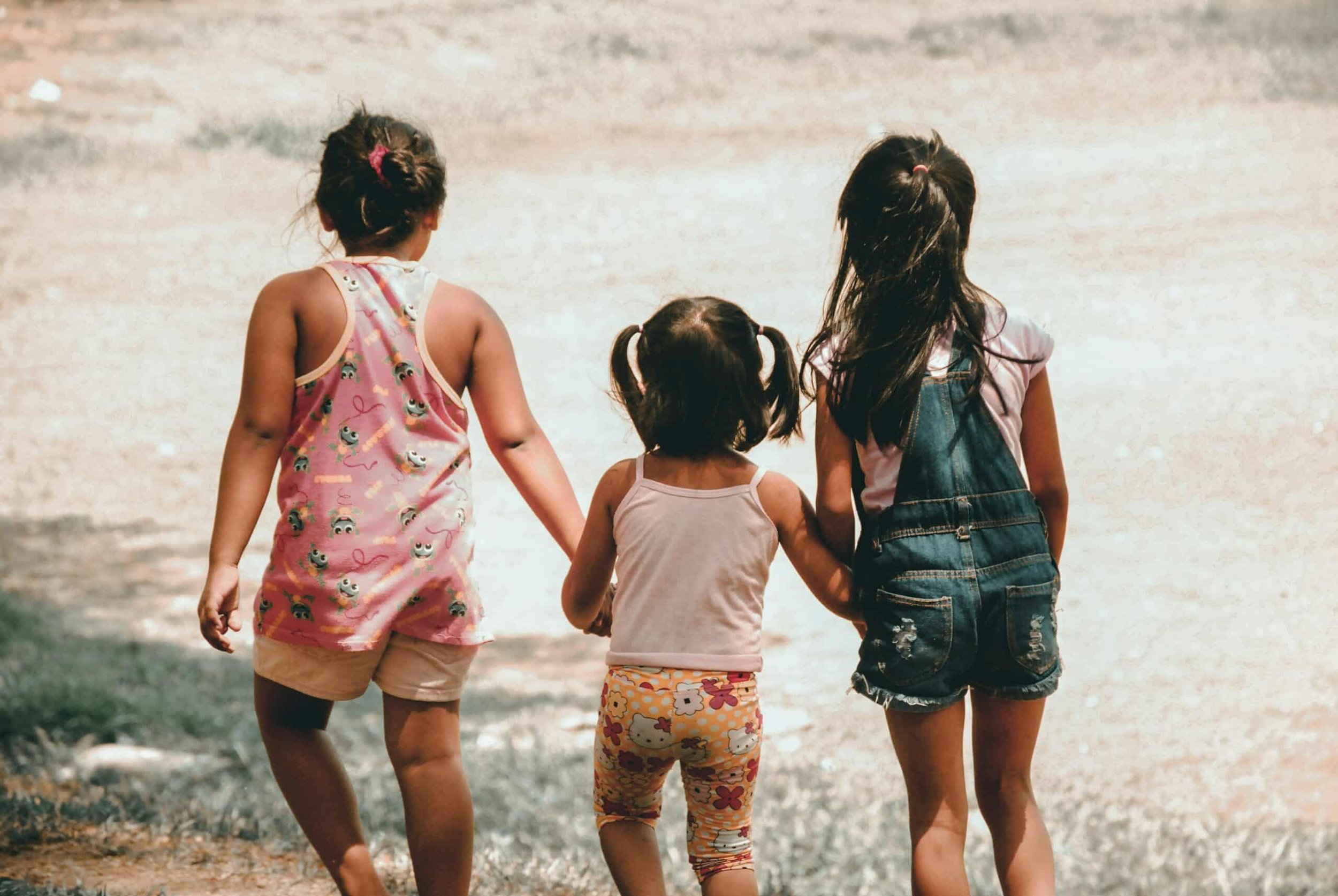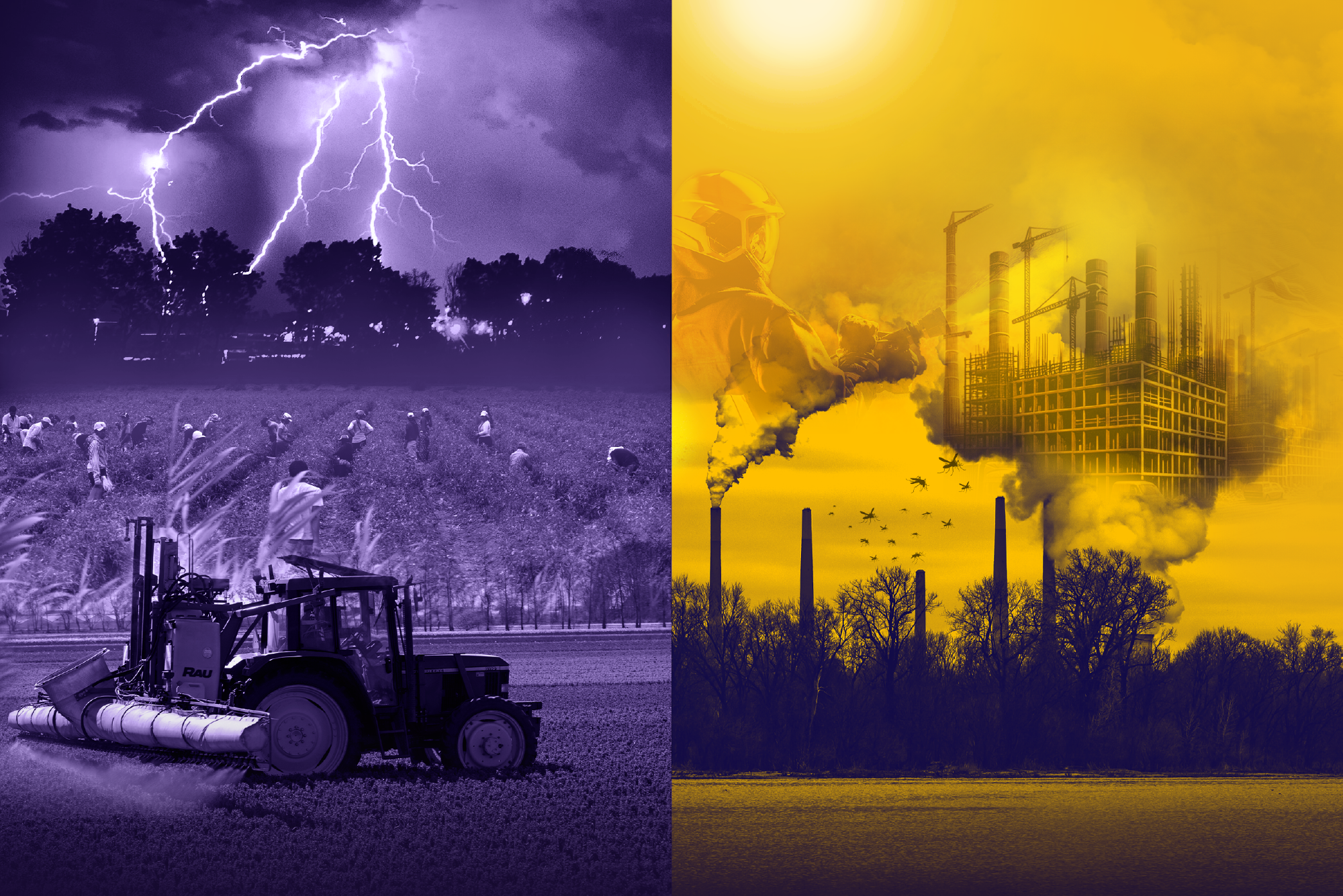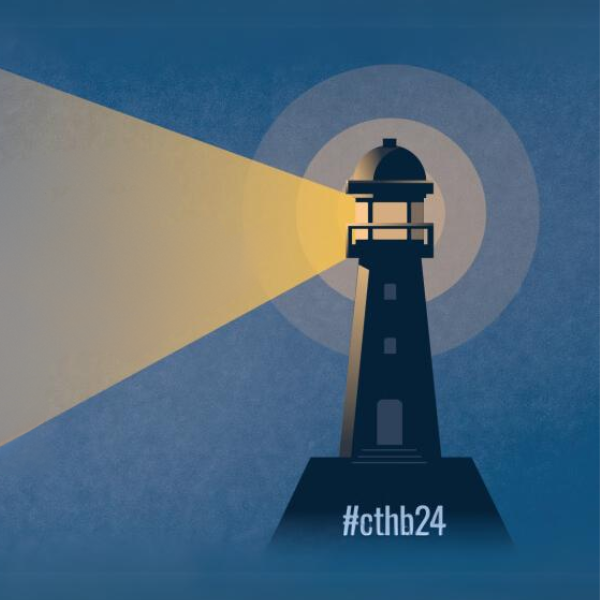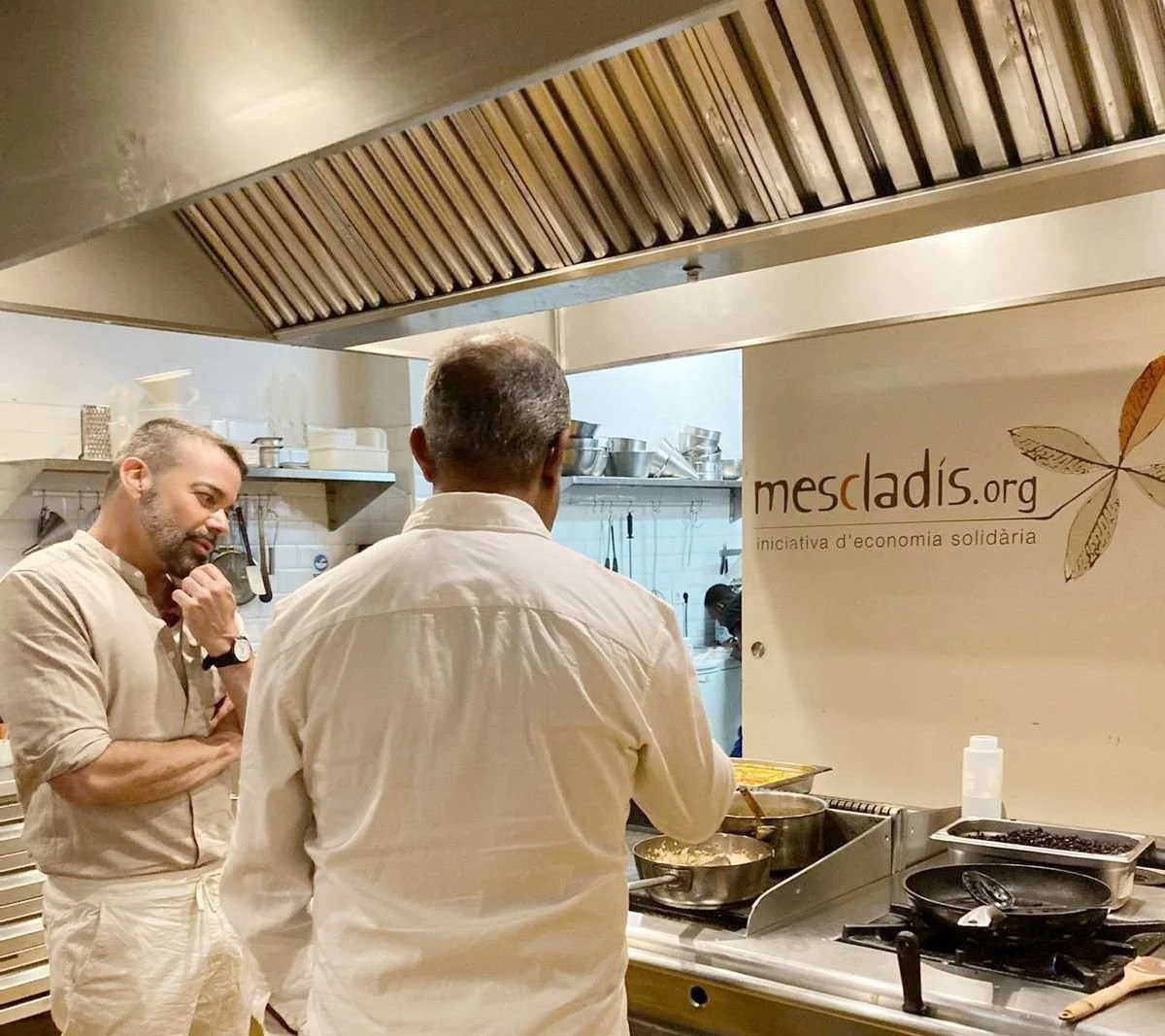Report Recommends How Civil Society Can Navigate the Post-Covid Trafficking Reality in SE Asia
A new report ‘Human Trafficking in Post-Covid Vietnam’ from charity Blue Dragon outlines the changes in modern slavery caused by the coronavirus pandemic and governmental attempts to contain it, both in Vietnam and surrounding countries, and recommends how civil society can intervene to protect vulnerable communities.
Covid has transformed human trafficking in the Asia region in terms of victim demographics, destinations, and activity types. Pre-Covid, 85% of trafficking victims in Vietnam were women, predominantly trafficked to China - either as brides for forced marriages, or for sexual exploitation. However, during the pandemic, China built a wall along its border with Vietnam, closing this trafficking route. As a result, individuals are now being lured to new destinations, such as Myanmar for violent sexual exploitation, and Cambodia for forced criminality for cyber scams, which has caused a dramatic rise in male victims.
One major challenge for civil society organizations is assessing the scale of these rapidly emerging new forms of trafficking. If donors lack information, they struggle to allocate resources effectively. The report recommends obtaining robust and reliable data so that evidence-based action can be taken. As such, Blue Dragon have now separated forced criminality for cyber scams from other forms of forced labour in the statistics they gather.
Given that less than 1 per cent of human trafficking victims are ever identified, prevention is a priority. Blue Dragon has developed an approach whereby clusters of activities address multiple risk factors simultaneously. These activities are designed and implemented in collaboration with the authorities, seeking to coordinate the multitude of governmental and civil society programs at the local level that target the most at-risk groups, so as to effectively reach the communities most at risk of human trafficking.
Collaboration between government and community partners is vital to prevent the problems of trafficking victims from being overlooked. As Caitlin Wyndham, Research and Learning Leader at Blue Dragon Children’s Foundation explains, “In Vietnam, the government network extends from national to commune level. Alongside this are civil society organisations and community leaders such as the Women's Union and village leaders. All these actors have specific responsibilities to provide services and assist citizens, and a (limited) budget to do so. Thus, Blue Dragon does not need to create new services or community networks, rather it is more effective to train, assist and motivate the existing networks to comply with their responsibilities to prevent trafficking and support survivors. These local village leaders, local police and volunteer members of the Women's Union are highly motivated to protect their communities - they mostly just lack the skills and knowledge about how to do it effectively, which is where Blue Dragon can assist.” Blue Dragon has successfully facilitated local level co-ordination between different government departments to identify and support victims, and has also trained social workers and police officers in trauma-informed care. Furthermore, Blue Dragon fills the gap when welfare and other governmental support is not available or until the person qualifies for it.
The report also proposes that NGOs adopt a broader approach to human trafficking. This means going beyond the traditional remit of anti-trafficking work to address issues such as discrimination, poverty, and lack of opportunity. Wyndham stresses that human trafficking prevention “must address the multifaceted reasons for why people leave home in the first place, as well as ensuring safe options for labour migration are available, as migration is a right of all citizens. Taking this comprehensive approach, and integrating trafficking prevention with other initiatives related to poverty reduction, safe migration, economic development, etc. is challenging, but it is the only way we can be effective over the long term.” In addition, civil society organisations should lobby regionally and internationally for initiatives which can help reduce human trafficking, such as implementing fairer immigration laws, and tackling organised crime, money laundering, and internet fraud.
Share your news
Post your experiences from the field and initiatives to feature
